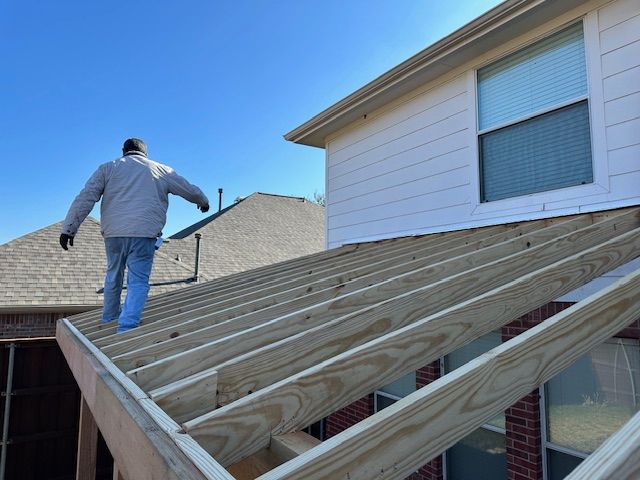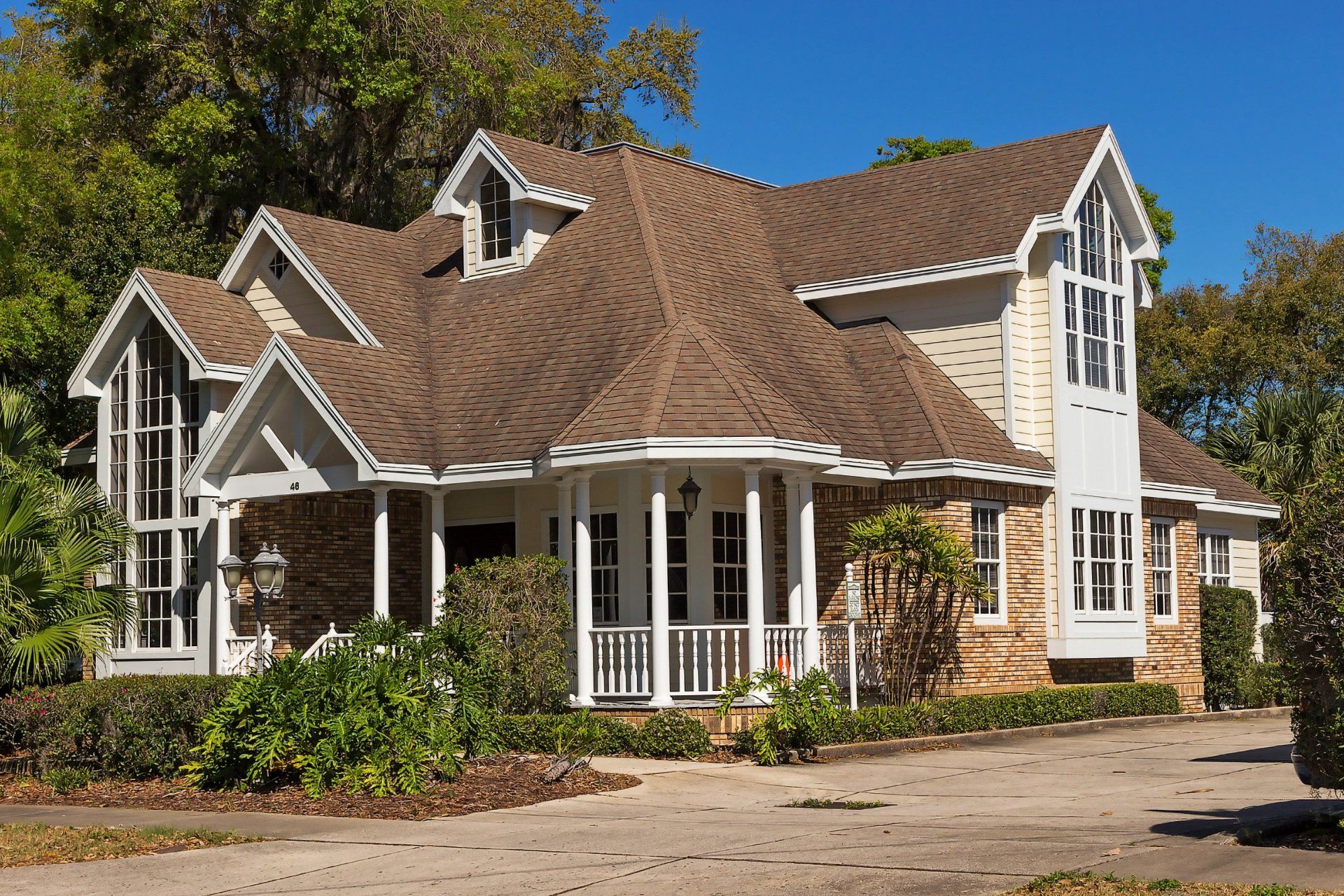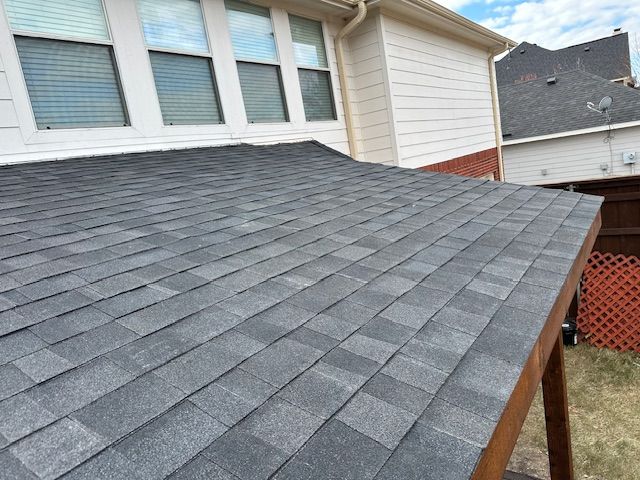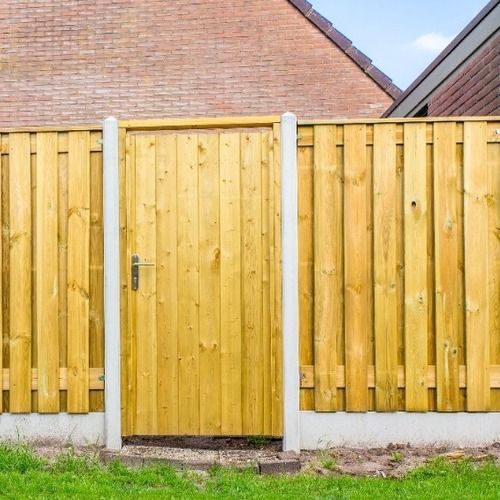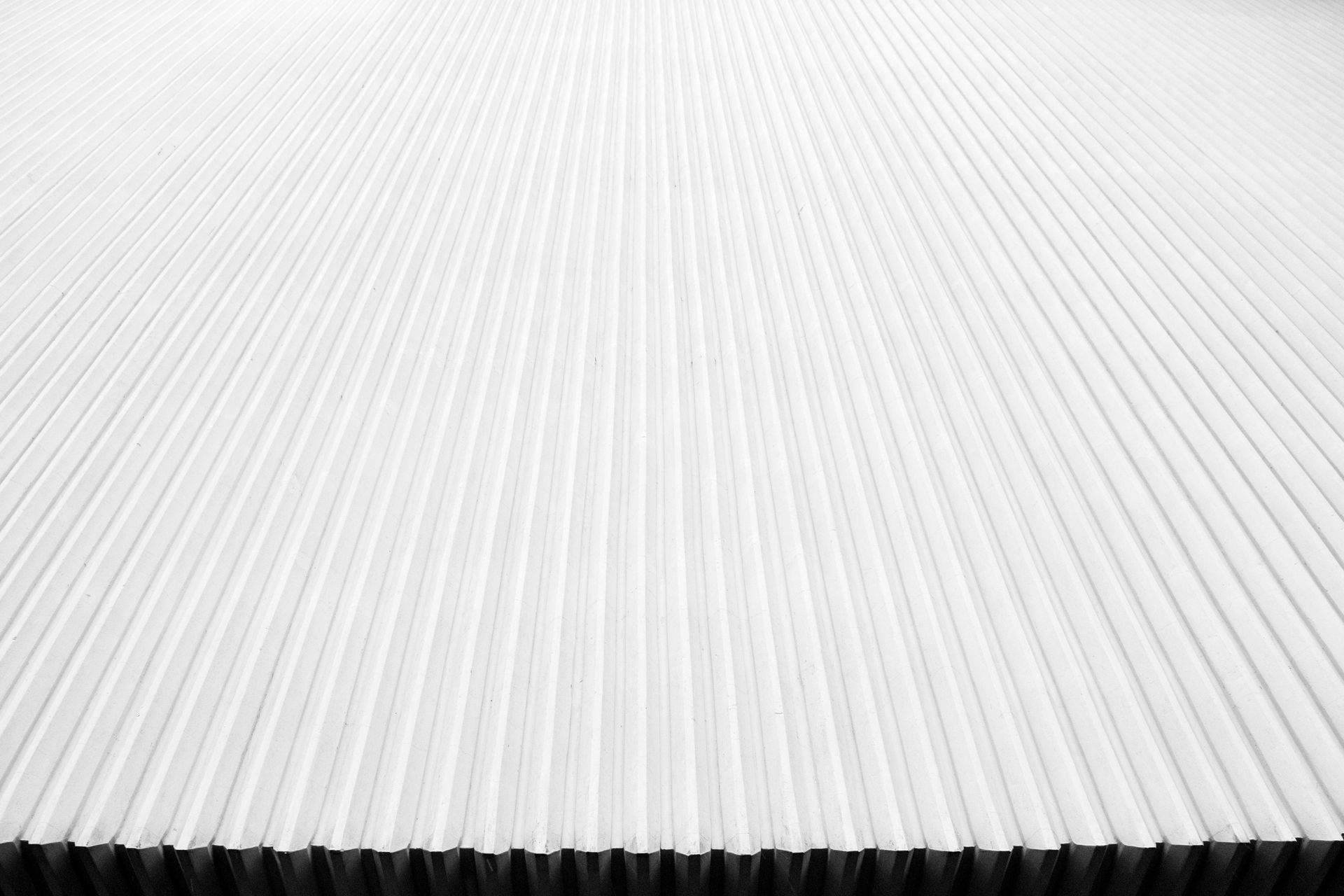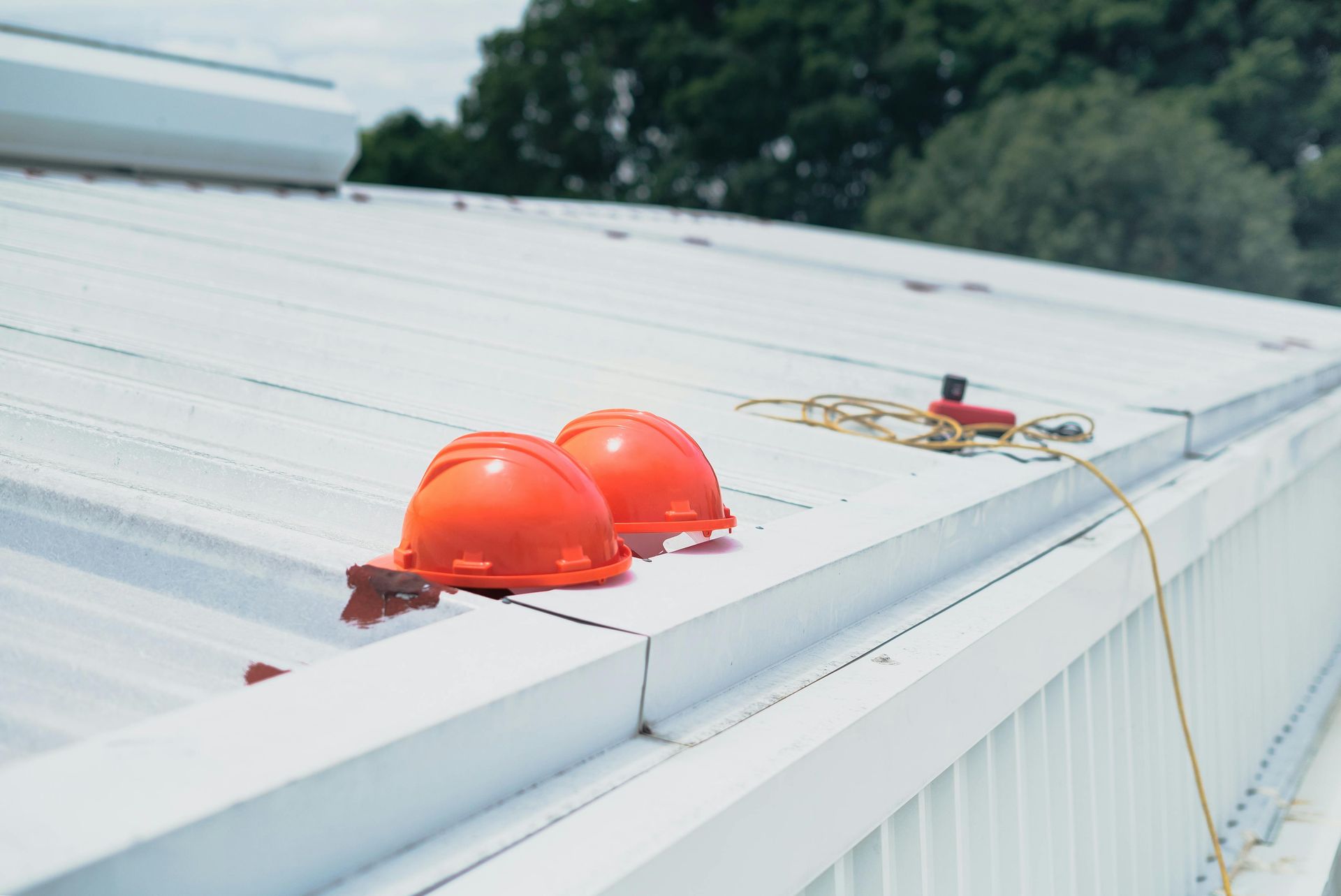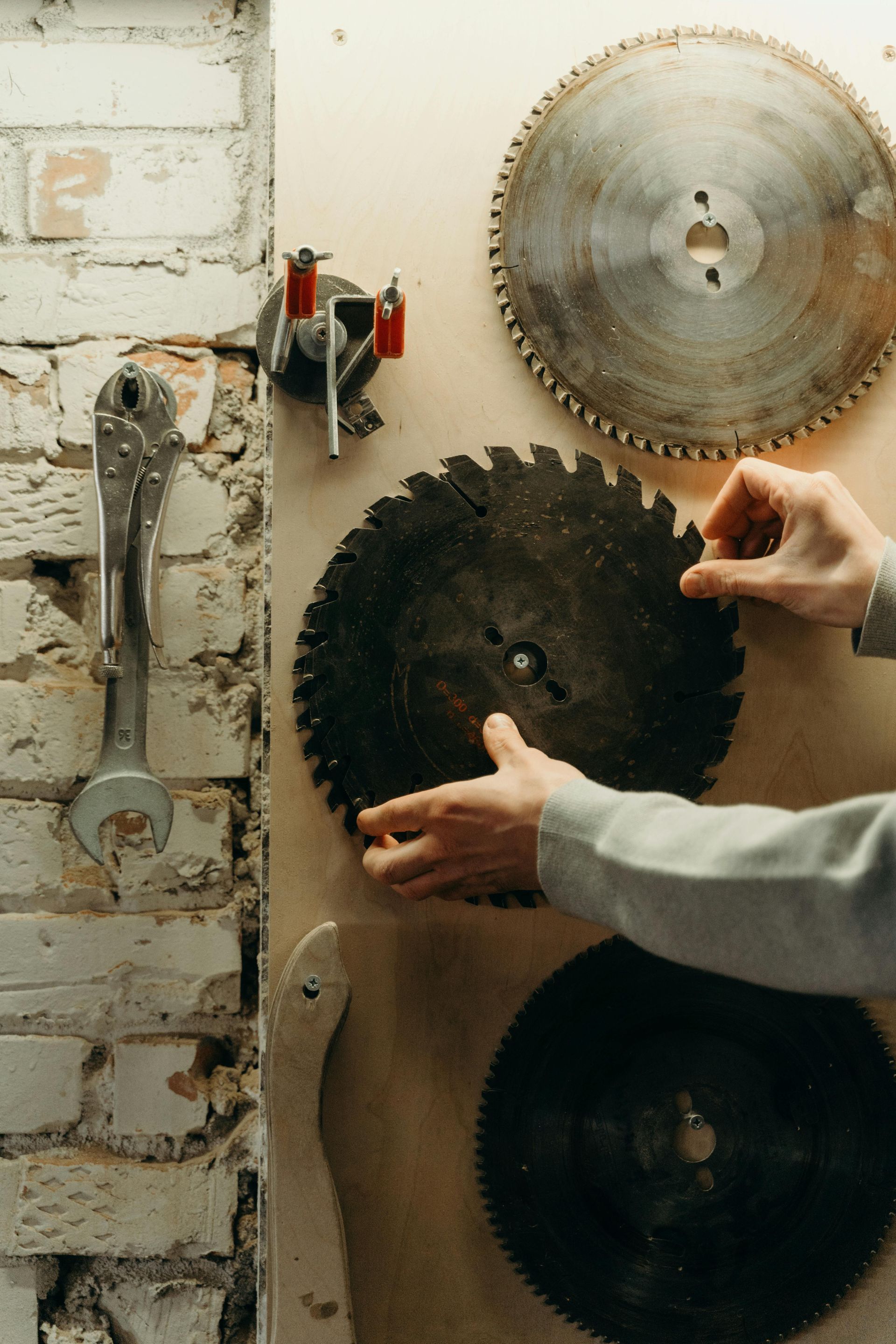Asphalt Shingle Types: Explaining the Different Types of Asphalt Shingles and Their Pros and Cons

Choosing the right roofing material is crucial, and asphalt shingles are a favorite for many homeowners. They offer a good mix of affordability, durability, and style. However, not all asphalt shingles are the same. This guide breaks down the three main types: 3-tab, architectural, and luxury. Each type has its own set of advantages and drawbacks. Whether you're tackling a new build or renovating an existing roof, understanding these options is key to making a smart choice that fits both your needs and your budget.
3-Tab Asphalt Shingles
Description:
3-tab asphalt shingles are the quintessential choice for budget-conscious homeowners. Named for their three distinct cutouts—tabs—along the lower edge, these shingles present a flat and uniform look that mimics the appearance of three separate pieces.
Pros:
- Cost-effective: 3-tab shingles are among the most affordable roofing materials on the market, making them an excellent choice for tight budgets.
- Ease of installation: Their lightweight and straightforward design not only cuts down on labor costs but also speeds up the installation process.
Cons:
- Durability: While cost-effective, 3-tab shingles typically have a shorter lifespan compared to more premium options, lasting about 20 years.
- Aesthetic limitations: These shingles offer limited color and style options, which may not suit homeowners looking for a more distinctive look.
Best Use:
3-tab shingles work best on straightforward roof designs and are ideal for rental properties or homes where long-term aesthetics are not a primary concern.
Architectural Asphalt Shingles
Description:
Architectural shingles, also known as dimensional or laminated shingles, are designed for both durability and beauty. Unlike the flat, uniform look of 3-tab shingles, these are thicker and have a varied texture that gives them a more sophisticated appearance, often resembling natural wood or slate.
Pros:
- Enhanced durability: Made from multiple layers of material, architectural shingles are built to last. They typically come with warranties of 30 years or more, making them a solid investment for homeowners.
- Aesthetic appeal: Available in a wide range of colors and styles, these shingles can dramatically boost the curb appeal of any home.
Cons:
- Cost: They are pricier than 3-tab shingles, reflecting their superior quality and longevity.
- Weight: The additional layers make architectural shingles heavier, requiring stronger roofing support structures.
Best Use:
Ideal for homes in regions facing harsh weather conditions, architectural shingles offer enhanced protection against wind and rain. They are also perfect for homeowners seeking a more elegant roof without the expense of natural materials.
Luxury Asphalt Shingles
Description:
Luxury asphalt shingles are the pinnacle of roofing materials, combining the best in durability, aesthetics, and engineering. They are crafted to mimic high-end materials like slate and cedar shakes, providing an upscale look without the associated maintenance and cost.
Pros:
- Superior aesthetics: These shingles offer stunning visual appeal with their realistic textures and deep, rich colors.
- Longevity: Designed to outlast other shingles, luxury asphalt shingles can endure for up to 50 years, a testament to their superior construction.
Cons:
- High cost: The price tag for luxury shingles is significantly higher than other asphalt options, reflecting their premium status.
- Installation complexity: Due to their weight and detailed design, these shingles often require professional installation by experienced contractors.
Best Use:
Luxury shingles are ideal for high-end homes where style and durability are paramount. They are particularly suited to estate-type properties in neighborhoods where enhancing home value is a priority.
Comparative Analysis
In this section, we compare 3-tab, architectural, and luxury asphalt shingles across three key dimensions: durability, cost, and aesthetics. Understanding these differences will help you choose the right shingle type for your home’s needs and your personal preferences.
- Durability: 3-tab shingles typically last about 20 years, making them suitable for short-term solutions. Architectural shingles offer a more robust option with warranties extending up to 30 years or more. Luxury shingles top the chart with potential lifespans of up to 50 years, thanks to their high-quality materials and construction.
- Cost: Cost considerations are crucial. 3-tab shingles are the most budget-friendly, ideal for those looking to minimize upfront costs. Architectural shingles represent a middle ground, offering a balance of cost and performance. Luxury shingles, while the most expensive, also bring the highest value in terms of longevity and aesthetic enhancement.
- Aesthetics: For visual appeal, 3-tab shingles provide a basic, uniform look. Architectural shingles step it up with a dimensional appearance that adds character to any roof. Luxury shingles offer the peak of aesthetic appeal, closely mimicking natural materials like slate or wood with their sophisticated textures and varied colors.
Choosing the right asphalt shingle type involves weighing these factors against your specific roofing requirements and aesthetic desires.
Conclusion
To wrap up, choosing the right type of asphalt shingle for your roofing project is a crucial decision that impacts both the function and the aesthetic of your home. We've explored the pros and cons of 3-tab, architectural, and luxury asphalt shingles, emphasizing their differences in durability, cost, and appearance.
Here's a quick recap:
- 3-tab shingles are cost-effective and straightforward, perfect for those on a tight budget or in need of a quick fix.
- Architectural shingles offer a balance of durability and style, suitable for homeowners looking for an upgrade without going overboard on spending.
- Luxury shingles are the best option for those who desire top-notch durability and a distinctive, elegant look, albeit at a higher cost.
Consider your specific needs, budget, and local weather conditions when choosing the type of shingle that best suits your home. With the right selection, your roof can enhance both the protection and the curb appeal of your property for decades to come.
See what to expect during a roof replacement project to better prepare for your roofing upgrade.
Frequently Asked Questions
What is the average lifespan of each type of asphalt shingle?
- 3-tab shingles: Typically last about 20 years.
- Architectural shingles: Can last 30 years or more.
- Luxury shingles: Often last up to 50 years.
Can you paint asphalt shingles?
Yes, asphalt shingles can be painted, but it's not generally recommended. Painting can affect the shingles' ability to reflect heat and may void warranties. If aesthetics are a concern, consider choosing a shingle color and style that suits your preference from the start.
How do weather conditions affect the choice of asphalt shingles?
Different shingles perform better in varying climates:
- 3-tab shingles: Suitable for mild climates but may not withstand high winds as well as others.
- Architectural shingles: Excellent for areas with variable weather, offering better resistance to wind and heavy rain.
- Luxury shingles: Ideal for severe weather conditions due to their robust construction and superior durability.
What are the environmental impacts of asphalt shingles?
Asphalt shingles are petroleum-based products, and their production has environmental impacts, including energy consumption and greenhouse gas emissions. However, recycling programs are available to mitigate waste, and some manufacturers produce eco-friendly shingles with recycled materials.
Is it possible to recycle asphalt shingles?
Yes, asphalt shingles are recyclable. They can be processed and reused in road construction and other applications, reducing landfill waste and the demand for new raw materials.

Trake Construction Management, LLC partners with homeowners and business owners to restore and improve properties affected by weather-related damage and general disrepair.
Services


